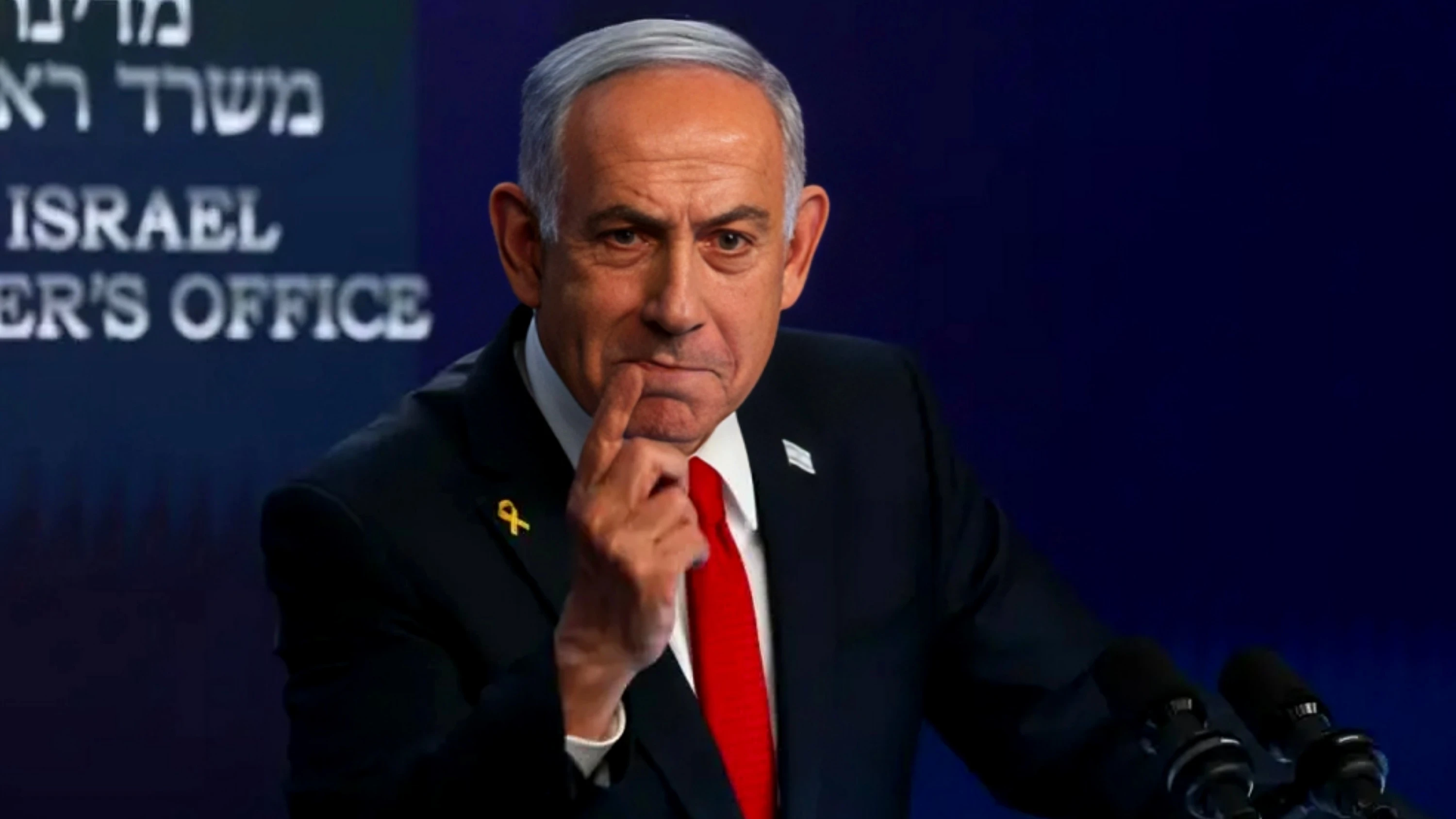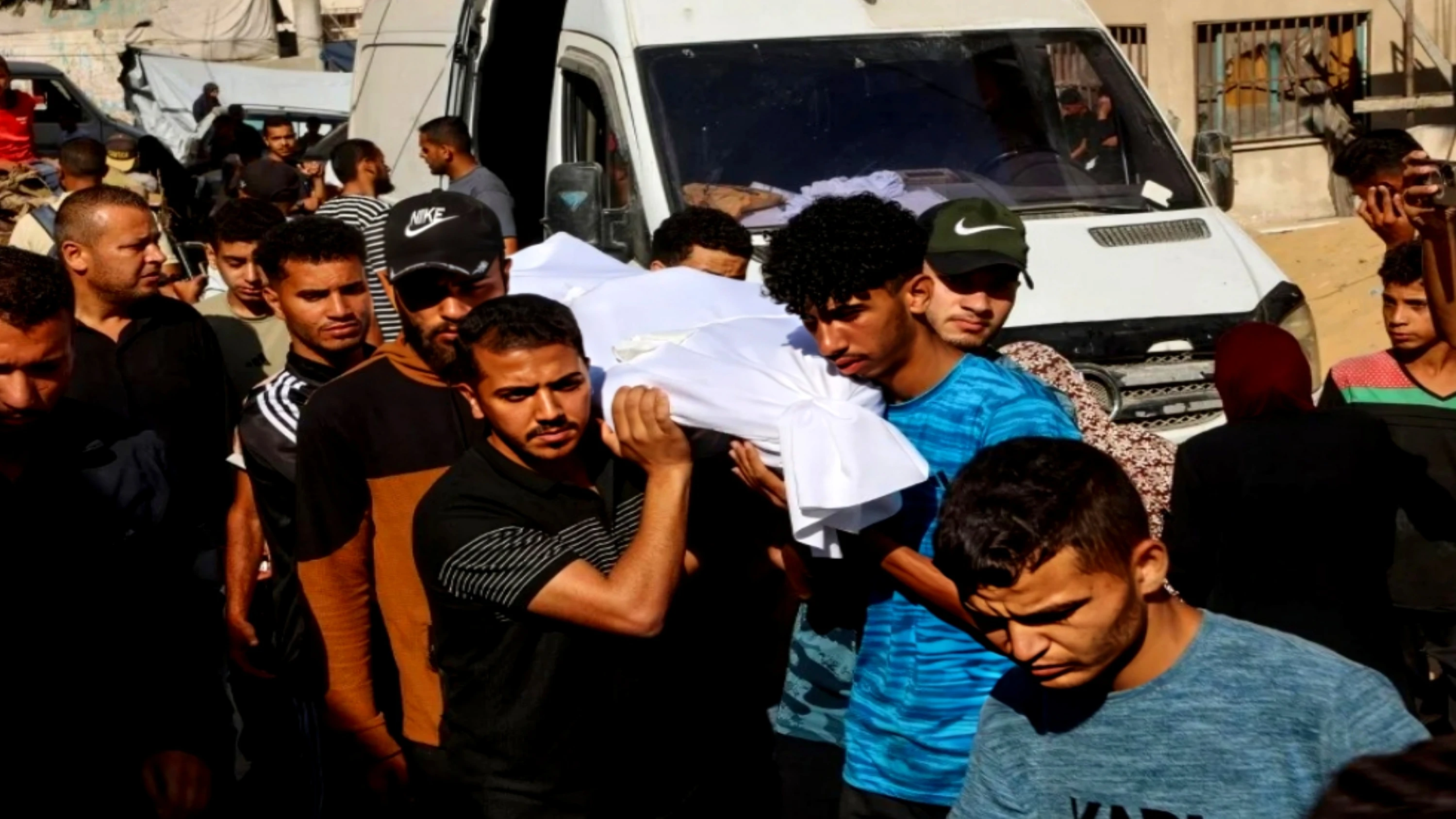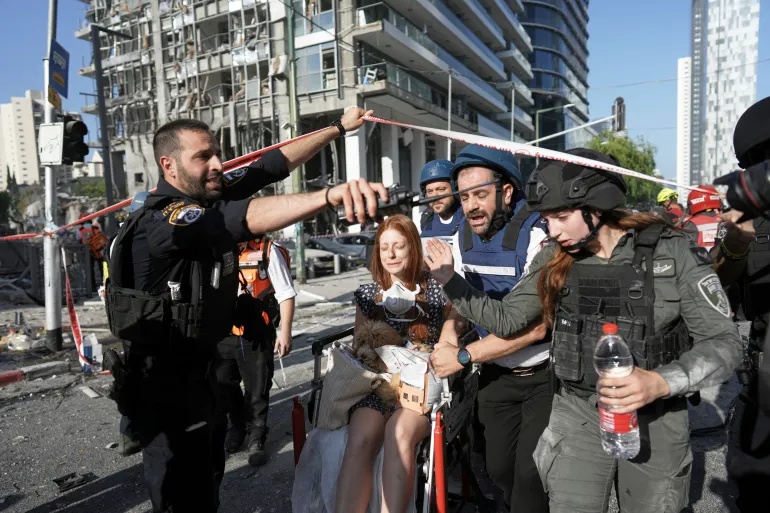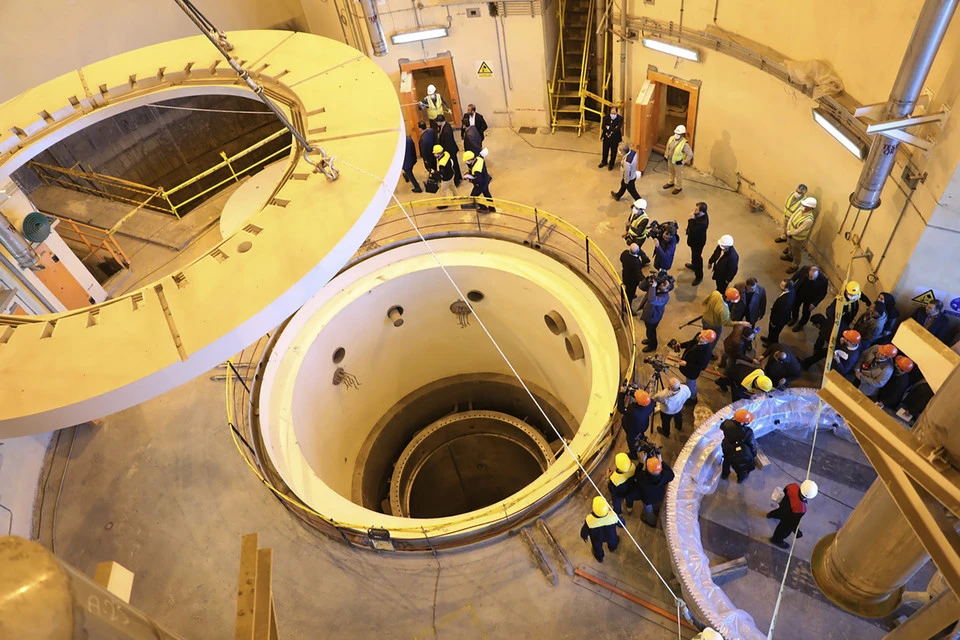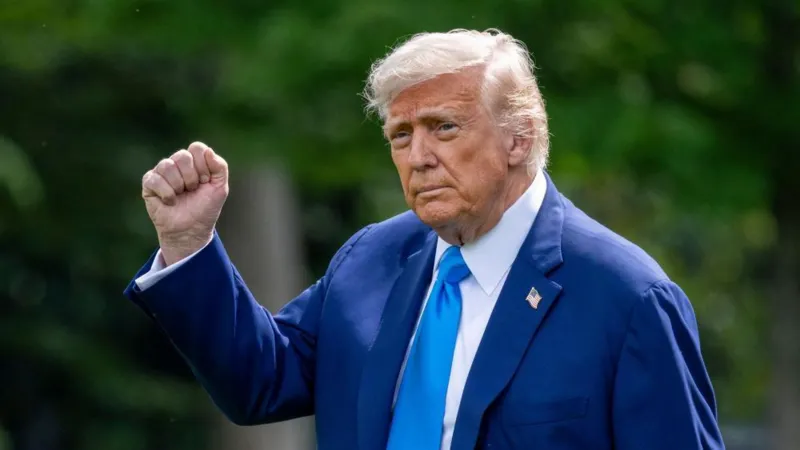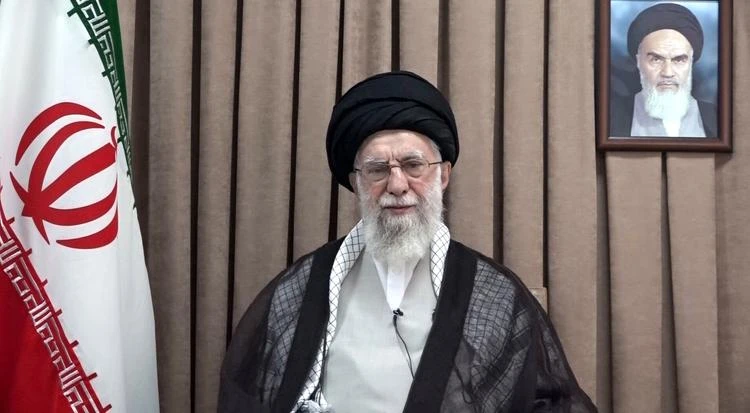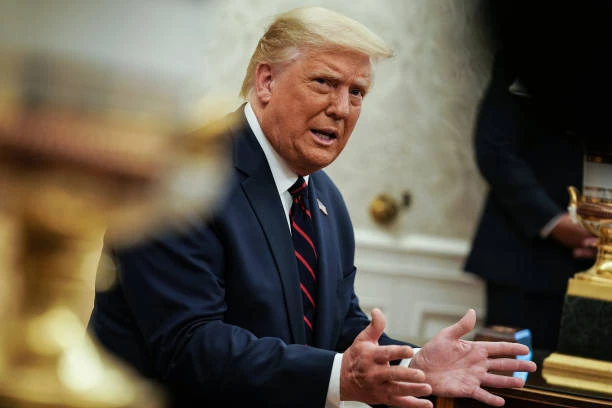Jerusalem: Israeli Prime Minister Benjamin Netanyahu has issued a stern warning to Iran following a direct missile strike that targeted Israel’s Soroka Medical Center in the southern city of Be’er Sheva. The attack, which also affected civilian areas in the central region of the country, is being described as a dangerous escalation in the already volatile Israel-Iran conflict.
The incident occurred early in the morning, when Iran launched missiles that struck key civilian zones, including the hospital facility. According to Netanyahu’s official statement on X (formerly Twitter), “Iran’s terrorist dictators fired missiles at Soroka Hospital in Be’er Sheva and at civilians in the centre of the country.” He added, “We will make the tyrants in Tehran pay a heavy price,” signaling Israel’s intention to retaliate forcefully.
While immediate casualty details have not been released, the strike on a major medical center has intensified fears among the Israeli public and raised alarm across the international community.
The IRGC however rejected the Israeli claim and said in it's statement that "During the latest operation, the command and intelligence center of the Israeli regime army, located near one of the hospitals, was hit with high precision." The IRGC stated that, "The hospital was not the target but it was effected due to it's position between two sensitive buildings".
Soroka Hospital is one of the largest in southern Israel, serving both civilian and military personnel.
This missile attack is the latest in a series of aggressive exchanges between the two nations, following weeks of rising tensions over Iran’s regional influence and Israel’s military operations. Analysts suggest Iran’s decision to target a hospital could be a retaliatory response to recent Israeli airstrikes on Iranian-backed positions in Syria, though official statements from Tehran are still awaited.
The background of the Israel-Iran conflict is rooted in years of ideological hostility, military confrontations via proxies, and nuclear concerns. However, direct strikes of this nature mark a new phase of open confrontation. As both nations harden their rhetoric and prepare for potential escalation, global leaders are urging restraint amid fears of a broader regional conflict.


